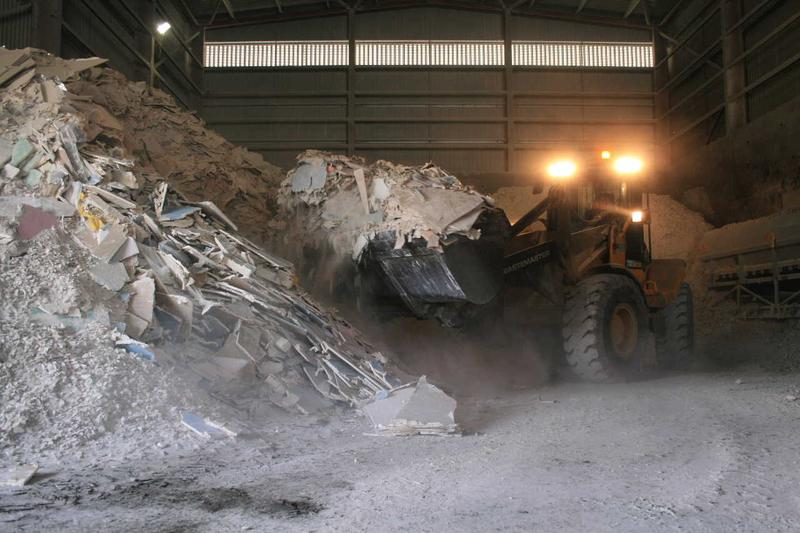The Environment Agency has revealed that it is planning to put three quality protocols out for public consultation soon, which will re-define the point at which the materials stop being classed as a “waste”.
However, it is now looking unlikely that a quality protocol will be produced for uncontaminated topsoil and contaminated soils – and that a regulatory position statement will be produced instead.
The insight into the Quality Protocol Project came from the EA's head of environment protection external programmes, Martin Brocklehurst, who was speaking at a meeting of the Associate Parliamentary Resource Group in Westminster on Wednesday.
Run by both the Environment Agency and WRAP, the project aims to boost markets for 15 waste materials by freeing them from waste legislation.
Mr Brocklehurst said: “We are now approaching the next stage of consultations in the next 2-3 weeks for anaerobic digestate, paper sludge ash and gypsum.”
He added: “There's quite a lot still to happen and it will take place in the early part of this year.”
Project
Under the Waste Protocols Project, the Agency has already published a successful protocol for compost and a regulatory position statement for waste wood and deregulated blast furnace slag to be treated as a by-product.
Consultations have also been launched on quality protocols for non-packaging plastics, flat glass, tyre-derived rubber and waste vegetable oil.
Trelawney Dampney, managing director of Dorset composting firm Eco Sustainable Solutions, explained how the Composting Protocol had already proved very beneficial to his business and composting as a whole.
He said: “We as compost producers can get our compost into the agricultural market place much more easily. Before the Quality Protocol there was a lot of confusion out there and now there is much more clarity. There are things we can improve but it is a great first step.”
However, Dr Gev Eduljee, technical director at SITA UK, questioned whether the protocols project could conflict with European legislation which is currently being developed on end of waste in Seville, under the Waste Framework Directive.
He said: “To what extent can the UK go down this path irrespective of what is happening in Europe?”
Responding to the query, Mr Brocklehurst expressed confidence in the UK's current stance.
He said: “We would like to believe we have influenced the end of waste debate in Seville. It may be slightly different but I am much more comfortable with the UK taking a lead than following on this issue.”












Subscribe for free